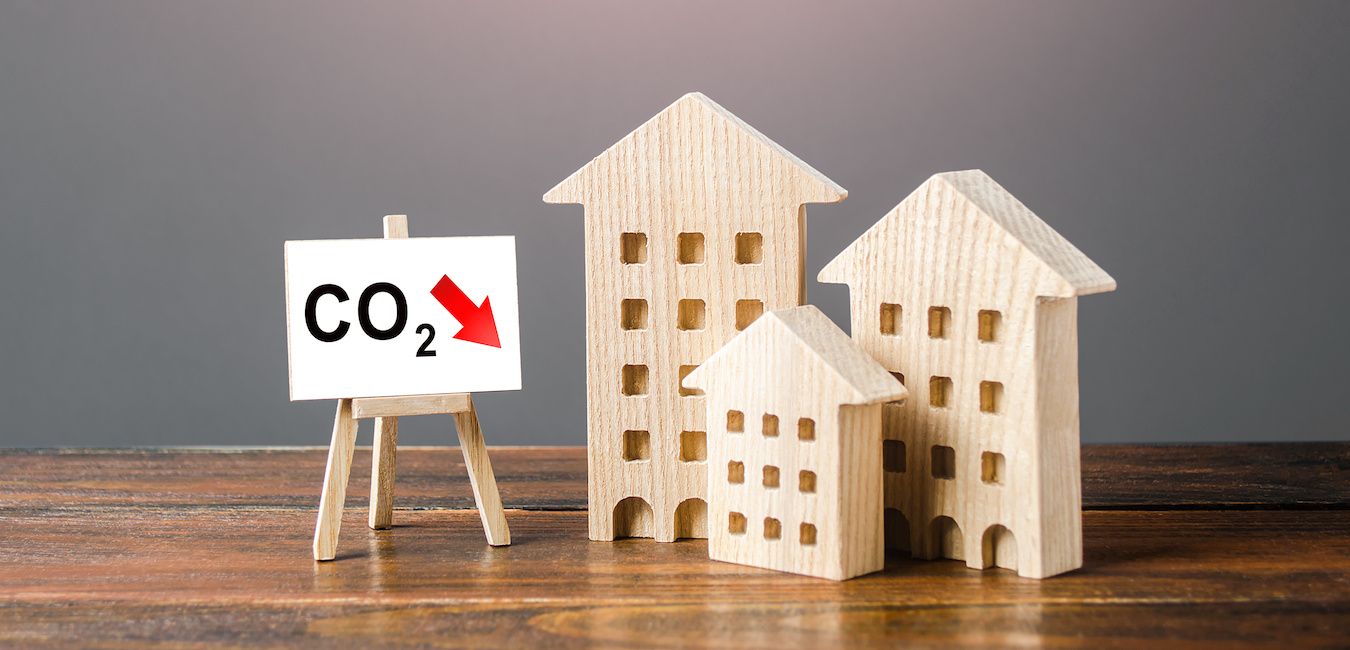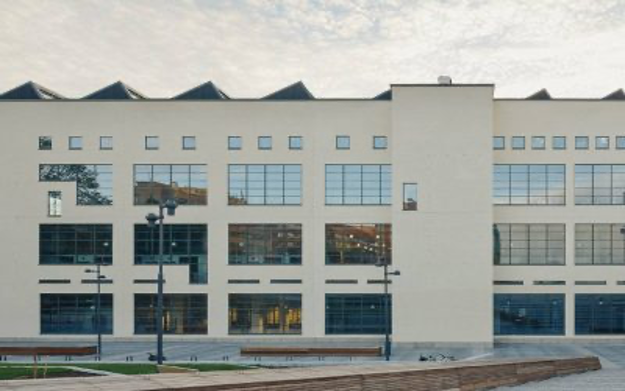HOW AI CAN REDUCE A BUILDING’S CARBON FOOTPRINT

In recent years, the pressure on businesses to respond to the threat of global warming has grown. Consumers, regulators, and investors alike are increasingly scrutinizing the climate and environmental impact of companies in every industry. The difficulty and expense of measuring the full extent of a company’s carbon emissions, then reducing or offsetting them, has caused many companies to delay their efforts.
Advancements in technology like artificial intelligence (AI) has given companies access to deep insights into multiple aspects of their carbon footprint and therefore advise cost-cutting practices. Here are some of the ways we at EcoPilot believe that AI can be especially valuable now as companies recover from the COVID-19 pandemic and look to begin a transition to a low-carbon future.
AI’S GREEN IMPACTS
One of the main reasons companies are slow in their efforts to reduce their carbon footprint is the difficulty of accessing the relevant information needed to accurately assess their carbon emissions, as it would take manual work and data collection. Now companies can use AI to monitor their emissions, predict their future emissions, and implement this knowledge to adjust and reduce their emissions. AI can also optimize logistics, reduce the materials required to build, or otherwise reduce carbon emissions.
For example, in 2019 Ecopilot had the opportunity to work with Southwest Properties in Halifax on a development strategy for a sustainable and environmentally friendly property that strives for excellence in tenant comfort. The result was Winchester Plaza, a 16-storey residential building that far exceeded estimated savings and has reduced gas consumption by 31.8 per cent, and presented a clear case for implementing AI for lowering your building’s carbon footprint.

OPTIMIZE YOUR PROPERTY’S ENERGY CONSUMPTION TO REDUCE COSTS
AI has already demonstrated its near-term value in helping companies reduce their GHG emissions. By generating a positive return on investment (ROI), often within a year, it should quickly become a financial benefit to companies. In the long term, as the price of carbon emissions rises and as advances enable AI to tackle more complex climate issues, the technology will become increasingly important in mitigating the effects of global warming and ensuring your building is energy efficient in order to avoid potentially increasing carbon tax costs.
Kanico Textile Fashion Centre in Sweden is another example that demonstrates the utility of AI. This property is an older industrial building in need of a new building automation system, and iBOS® was installed to offset imbalances in heating and cooling and continuously optimize the property’s energy consumption, while maintaining a comfortable, healthy indoor climate for occupants.
Now iBOS® continuously estimates the property’s optimal energy operating mode by considering internal temperature data, external weather impact, and thermal storage capacity, which resulted in a 28 per cent yield on investment, 20 per cent savings in heating, 40 per cent savings in electricity, and reduced carbon emissions by the equivalent of 70 tonnes per year.

AI can help large companies reduce their environmental impact while also alleviating the financial pressure they face as they emerge from the COVID-19 crisis. AI has the power to provide benefits across industries and has the potential to help us reach global carbon footprint goals while providing a smart way of cutting costs.